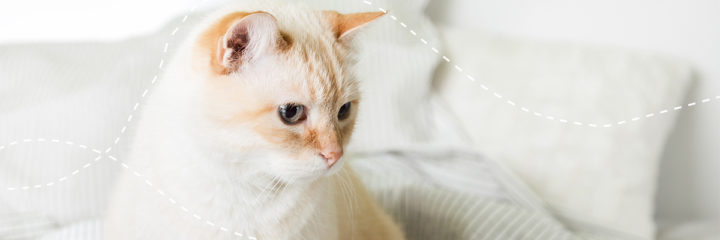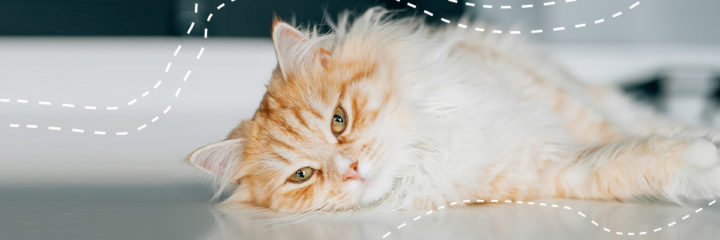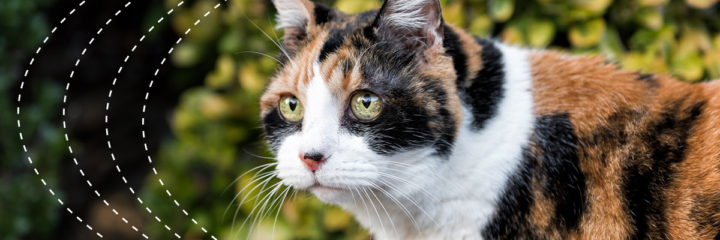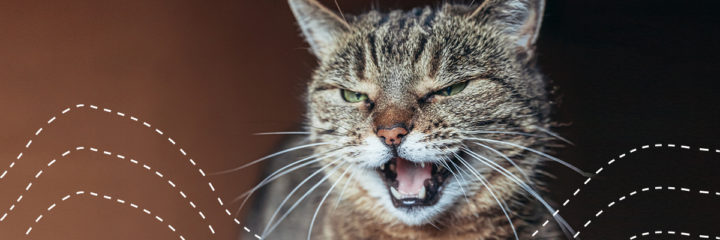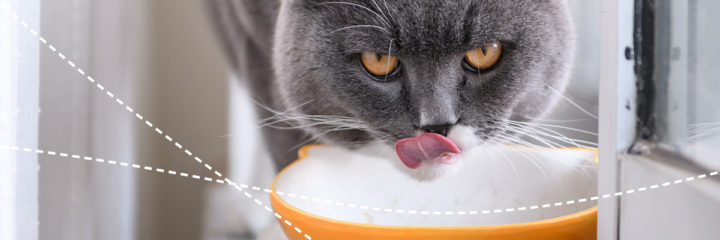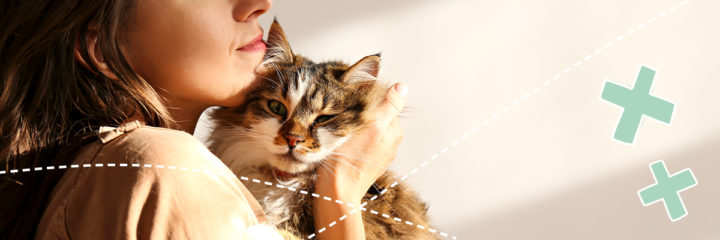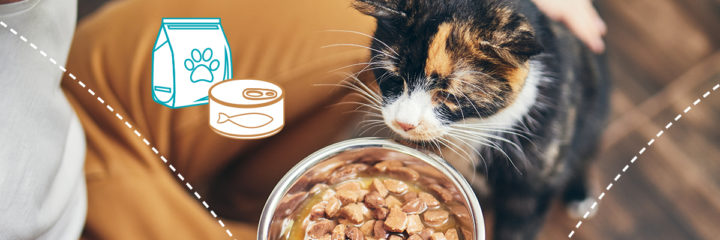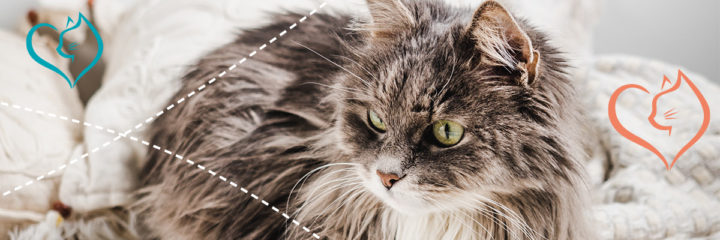
IRIS recommends certain treatments and procedures as well as therapy for the cat in the second stage. A further distinction is made between staging before and after treatment. A cat may be considered to be in a later stage before treatment and then ideally " returns" to an earlier stage within treatment.

